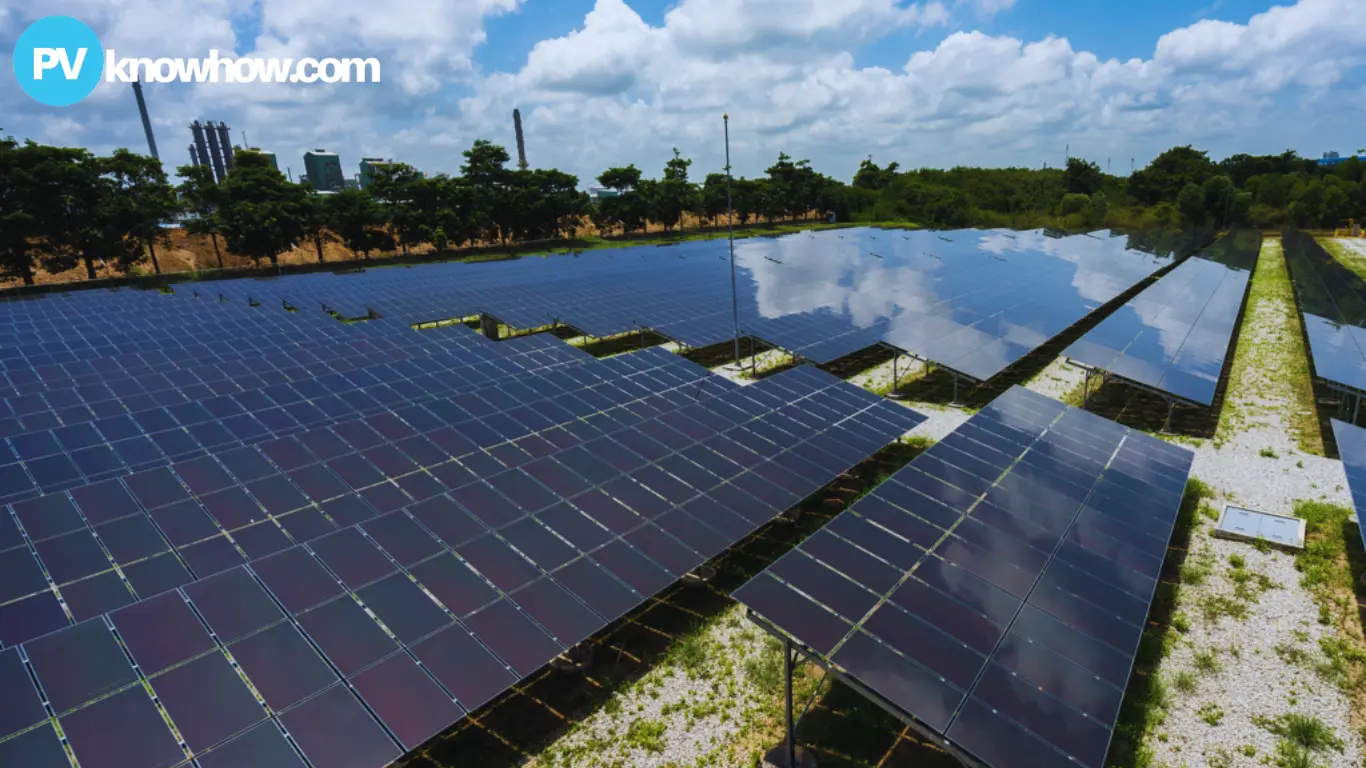Somalia's push towards renewable energy is gaining momentum as the government recently issued a tender to power schools and other institutions with solar technology across the country. The Ministry of Energy and Water Resources is developing new strategies to harness solar energy in eight different locations, with proposals being accepted until early August 2024. This initiative responds to the severe impacts of climate change and the persistent problem of power cuts in the country.
Addressing Water and Energy Crises
Climate change has exacerbated Somalia's already challenging conditions, bringing extreme weather events like droughts that have devastated livestock and crop production - particularly in rural areas. These conditions have led to increased malnutrition among children and highlighted the urgent need for reliable energy sources to support essential services.
Somalia's focus on solar energy is a critical step toward addressing these challenges. The Ministry of Energy and Water Resources has announced the award of tenders for installing solar power systems in 46 educational facilities in the southern Banadir region - including the capital, Mogadishu.
These systems range from 16 kW to 250 kW, with accompanying solar energy storage systems ranging from 50 kWh to 800 kWh. Funded by the World Bank under the Somali Electricity Sector Recovery Project (SESRP), these projects aim to increase access to and security of energy supply across Somalia.
Implementation Timeline and Funding
The companies awarded the tenders will have eight months to complete each project. In November 2023, the Abu Dhabi Fund for Development will inaugurate a 3.5 MW solar power plant in Bosaso, which will become the city’s main electricity source. This project is part of a broader initiative by the UAE to support clean energy development in Somalia and other African regions.

Somalia solar power plant.
Somalia's installed solar capacity increased by 8.5% last year, reaching 51 MW compared to 47 MW in 2022, according to the International Renewable Energy Agency. In early 2024, the federal government - in partnership with the United Nations Development Programme (UNDP) - launched a three-year, $228 million ‘Africa Mini-Grid’ project. This initiative aims to develop rural areas through small, localized solar grids; therefore providing reliable and sustainable energy, reducing carbon emissions, and enhancing resilience to climate change. The project targets 21 African countries - including Somalia - for mini-grid rollouts.
UNDP Somalia representative Jocelyn Mason emphasized the transformative potential of these projects, noting that access to energy is crucial for essential services like education and healthcare. With 65% of Somalis lacking electricity, expanding energy access could significantly improve living standards. Minister of Energy and Water Resources, Jama Taqal, stated that Somalia’s solar energy projects would greatly enhance access to clean electricity and improve service delivery across the nation.
Reducing Carbon Emissions
The Africa Mini-Grid project is expected to provide clean energy to approximately 66,760 Somalis (half of whom are women), while reducing on-site direct carbon emissions by about 30,000 tons of CO2 annually. This shift from diesel generators to solar energy will also lower electricity costs for consumers and contribute to environmental conservation.
While Somalia is exploring its oil and gas resources, with the Turkish Ministry of Energy signing an agreement in March 2024 for cooperation on oil and gas exploration, the focus on solar energy projects represents a crucial step towards sustainable development. These investments in solar energy for educational institutions and rural communities demonstrate Somalia's commitment to renewable energy at a time when the country is at the forefront of the climate crisis and energy scarcity.
Solar power projects in Somalia showcase the potential of the Third Industrial Revolution, therefore bringing economic, social, and environmental benefits to those most affected by climate change. These initiatives illustrate how renewable energy can drive progress in a region facing significant challenges, offering a path to greater resilience and sustainability.
